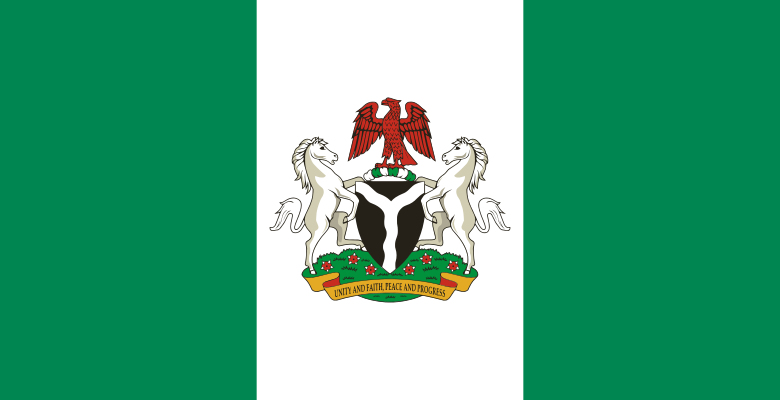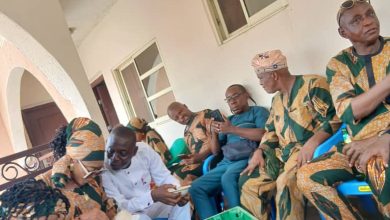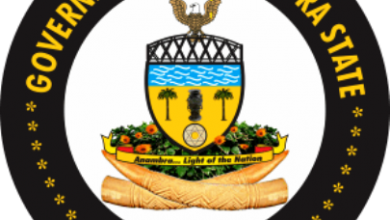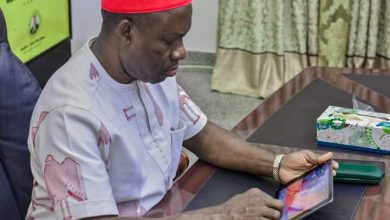
BY TONY OKAFOR
The recent confessions of former President Ibrahim Badamosi Babaginda have sparked a national conversation about truth, justice, and reconciliation.
At 83 years old, Babangida has finally laid to rest several controversies that have plagued Nigeria for decades, including the 1966 coup d’etat, previously called “Igbo coup”, and the 1993 presidential election won by MKO Abiola.
This remarkable act of candour has not only shed light on the country’s tumultuous past but also raised important questions about the legitimacy of Nigeria’s democratic process.
The 2023 presidential election, which saw President Ahmed Bola Tinubu declared winner by the Independent National Electoral Commission (INEC) and affirmed by the courts, including the Supreme Court, remains a contentious issue.
Many Nigerians, including senior lawyers, continue to dispute the outcome, citing irregularities and inconsistencies in the voting process.
The controversy surrounding the election has left a festering wound on the nation’s psyche, eroding trust in institutions and fueling feelings of disenfranchisement.
Some Nigerians have sworn off voting in future elections as a form of protest, disillusioned by the outcome of the 2023 general elections.
This sense of disenfranchisement and mistrust in the electoral process is a worrying trend, especially considering the country’s complex history of electoral challenges.
The 2023 elections, despite initial promises of transparency and fairness, were marred by allegations of irregularities, voter suppression, and violence.
This has led to widespread dissatisfaction and a feeling of powerlessness among many citizens, who believe their votes did not count.
In this context, Babaginda’s confessions offer a glimmer of hope. By acknowledging past wrongs and setting the record straight, he has shown that it is never too late to seek truth and reconciliation.
The question now is whether a similar confession can be made about the 2023 general elections.
While INEC and the courts have ratified the election results, many Nigerians remain unconvinced.
The disputed votes in several states, the controversy over the interpretation of winning Abuja in a presidential poll, and the perceived irregularities in the voting process all contribute to a sense of unease and mistrust.
To permanently assuage fraying nerves and give Nigerians hope and a sense of belonging once more, it is essential that the truth about the 2023 presidential election be revealed.
This requires a willingness to confront the controversies of the past and present, and to take concrete steps towards healing and reconciliation.
The late President Umaru Yar’Adua’s bold decision to initiate electoral reforms, after acknowledging the flaws in the electoral process that led to his presidency, sets a commendable example.
Ultimately, the pursuit of truth and reconciliation is a necessary step towards healing and nation-building.
By acknowledging past wrongs, setting the record straight, and taking concrete steps towards reform, Nigerians can create a more just, equitable, and peaceful society for all.
As Babaginda’s confessions have shown, it is never too late to seek the truth and make amends.
By doing so, Nigerians can build a brighter future for themselves and generations to come.
Ubi jus ibi remedium – where there is a right, there is a remedy



